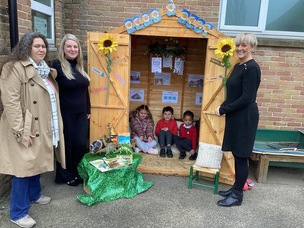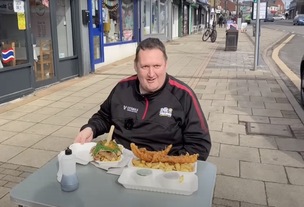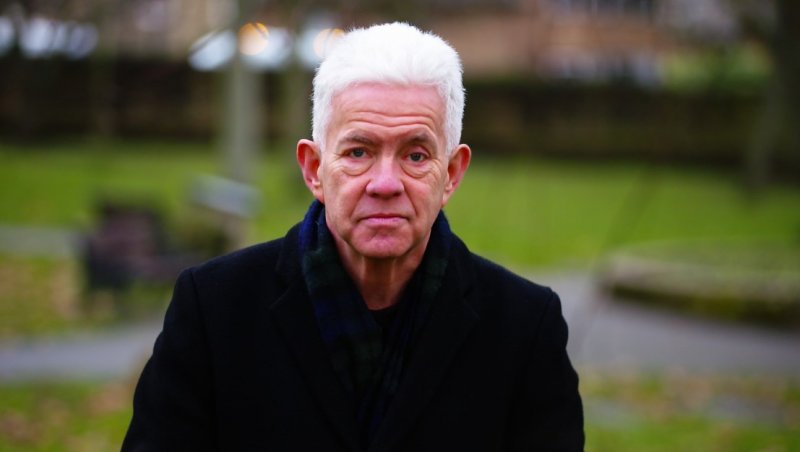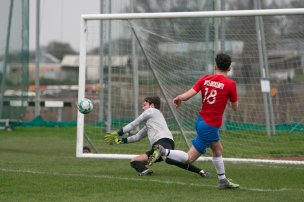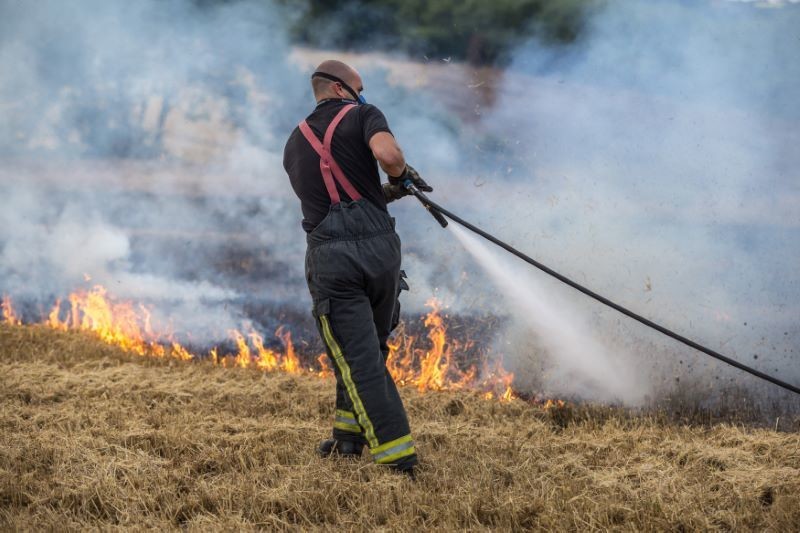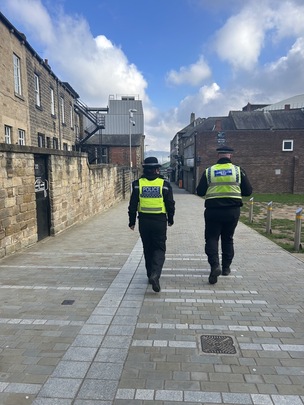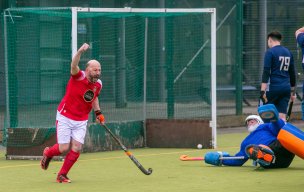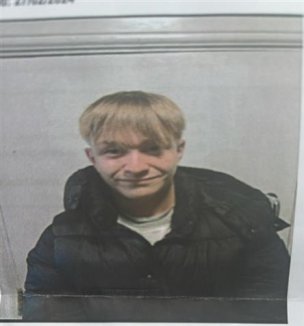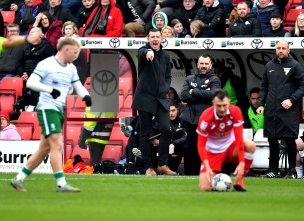FIRE crews keen to avoid a repeat of last year’s unprecedented summer of deliberate grassland blazes have kicked off an education programme in a bid to stop would-be arsonists in their tracks.
Figures show 1,065 arsons took place in 2018, with 877 taking place on ‘grassland’ - a term used to represent fields and parkland - representing a 38 per cent increase on the previous year’s reports.
A particular pinch-point occurred between June 30 and August 30 in 2018, when more than 100 call-outs to deliberate grassland blazes recorded as ‘serious’ were dealt with in Barnsley - more than double when compared to the same spell in 2017 according to official figures obtained by the Chronicle.
South Yorkshire Fire and Rescue (SYFR) - through its crews based in the town centre, Cudworth, Dearne and Tankersley - has targeted schools across the borough, which has resulted in officers delivering talks about the dangers of fires and the pitfalls of being caught starting them.
High-profile blazes on fields off Water Royd Drive, Dodworth and Littleworth Lane, Lundwood, took place last August but recent arsons, allegedly involving youngsters, have taken place at the former Belmont care home in Monk Bretton.
A spokesman from SYFR told the Chronicle: “Barnsley had some very serious grassland fires last summer, incidents not helped by the fact we had long spells of hot, dry weather. If anything the spring has continued like that so we’re expecting a busy summer.
“Fires started as a bit of fun can soon turn into something much more serious and divert crews from dealing with life-threatening situations elsewhere.”
High temperatures and prolonged periods of dry weather enabled blazes to spread across hundreds of feet in a short space of time, as was witnessed in Dodworth, where homes were within metres of going up in flames.
Littleworth Lane’s park, which had more than 20 arson attacks in the summer, was the worst-hit area in Barnsley, although the recent incidents at Belmont - seven since January - are being treated as a matter of concern by firefighters.
“Grass, especially when it’s had little rain, is stood up on end and is the perfect material for a fire to spread,” the spokesman added. “Put a small breeze into the equation and a fire can turn into something very big in no time at all, as we saw in Dodworth. “Getting access to fields has been problematic on some occasions, but parents can help by making sure they’re aware of where their children are playing and what they’re up to.
“Officers from the town’s stations know where the worst-hit areas are and so we’ll be increasing patrols there to deter further fires, while schools have already been targeted.
“Grassland fires aren’t really something we experience in the colder months, but that’s not to say antisocial behaviour-related fires are non-existent through the winter as we have seen at the care home in Monk Bretton.
“Schools, particularly near where there’s been a spate historically, will continue to be visited as it’s important children know just how much of an impact their behaviour can have.”
Fire bosses say deliberate fires across Barnsley have fallen ‘significantly’ during the last decade, although they admitted numbers do vary year-on-year, and warned smaller fires have grown into large-scale operations.
“Any small fire has the potential to spread and to become a more significant incident, and to potentially divert our resources from attending a more serious incident,” the spokesman added.
“Our fire crews and control staff saw a large increase in incidents of this type during the summer months, not just in Barnsley but the whole of South Yorkshire.
“Anyone with information about people starting fires in their area should call police on 101 or Crimestoppers on 0800 555 111.”

